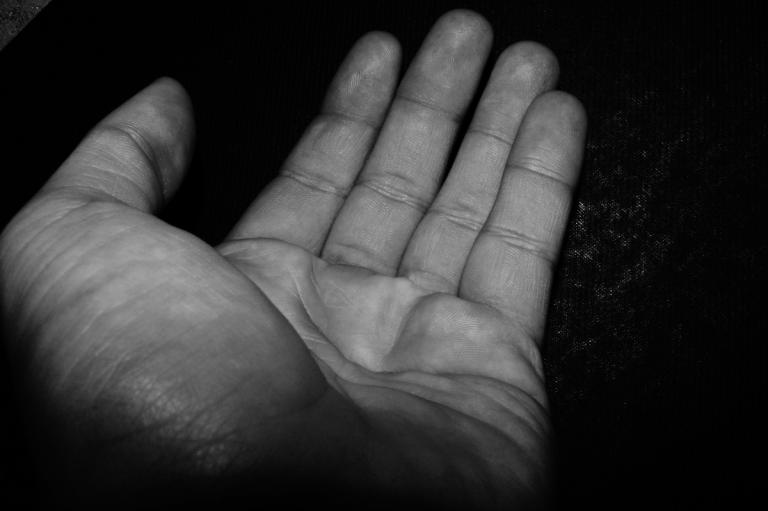Understanding theory is critical for solving all sorts of problems and grasping how things work holistically; however, nothing compares to seeing how ideas work in practice. After the Patronage Symposium, I posted a few articles on reciprocity, gift-exchange, etc., especially since those topics are major ideas within honor-shame cultures. Previously, I’ve discussed John Barclay’s groundbreaking work on grace and gift-giving in the ancient world.
Today, I want to share a story sent to me from a reader. It is so worth your time. His testimony illustrates how reciprocity and gift-giving work in practice. For previous posts on patronage and collectivism, see Part 1, Part 2.
A Free Gift!?
“You shouldn’t try to be my friend; rather, you should treat me like a beggar because that’s what I am,” were the words I heard from my friend, whom I had initially met on the street a few weeks earlier.
He went on to explain how the previous lunch we had shared together was a burden to him. He used a phrase in the East Asian language that literally means “to slap one’s face until it’s swollen in an effort to look imposing.” In other words, he had intentionally done more than he realistically was able to do in an effort to look good, thereby hurting himself in the process.

So, what exactly happened?
Well, after the first time I took him out to lunch to hear his story, we went out to lunch a second time. However, that second time, he paid for our meal. At the time, I had no expectation that he would pay, but I let him anyway because he insisted on it, even though I knew he didn’t have the means to do so.
One aspect of the East Asian culture and other cultures built upon honor-shame dynamics is that relationships are founded upon gift-giving, reciprocity, and gratitude. Since I initiated a relationship by taking him out to lunch, he felt a natural obligation to treat me to lunch the next time in order to show that he wanted to continue the relationship.
Unfortunately, he suffered the loss of money he didn’t have to give in order to preserve our relationship and not experience the overbearing weight of anxiety and shame caused by social debt to me.
How do I love these people?
As you might imagine, I was initially quite frustrated upon hearing that my friend no longer wanted to be my friend. I mean—how can I love the people of this culture and share God’s love with them, particularly those of a lower social standing than myself, if the current socio-cultural rules prevent me from having any sort of meaningful relationship with them? Do I just plain give up, or do I blatantly ignore the rules and thereby cause people to experience unnecessary anxiety and shame?
Fortunately, I believe this is a wonderful opportunity for the gospel to restore the prevailing cultural norms to those of God’s kingdom culture. After all, directed at a Pharisee who had invited him to dine at his home, Jesus said,
“But when you give a feast, invite the poor, the crippled, the lame, the blind, and you will be blessed, because they cannot repay you” (Luke 14:13-14, ESV).
In other words, in the kingdom of God, it is the shamed and those of low social status who are honored.
Nonetheless, this countercultural approach to ministry should always be done with careful consideration, and a clear reason as to why should be given. In this situation, I can’t find a more compelling reason than Paul’s statement,
“For the wages of sin is death, but the free gift of God is eternal life in Christ Jesus our Lord.” (Romans 6:23, ESV).
Praise God that the free gift of His grace enables us to freely give to others!
Do you have any similar stories? Post them in the comments or send me an email: JacksonWu [at] hushmail.com












